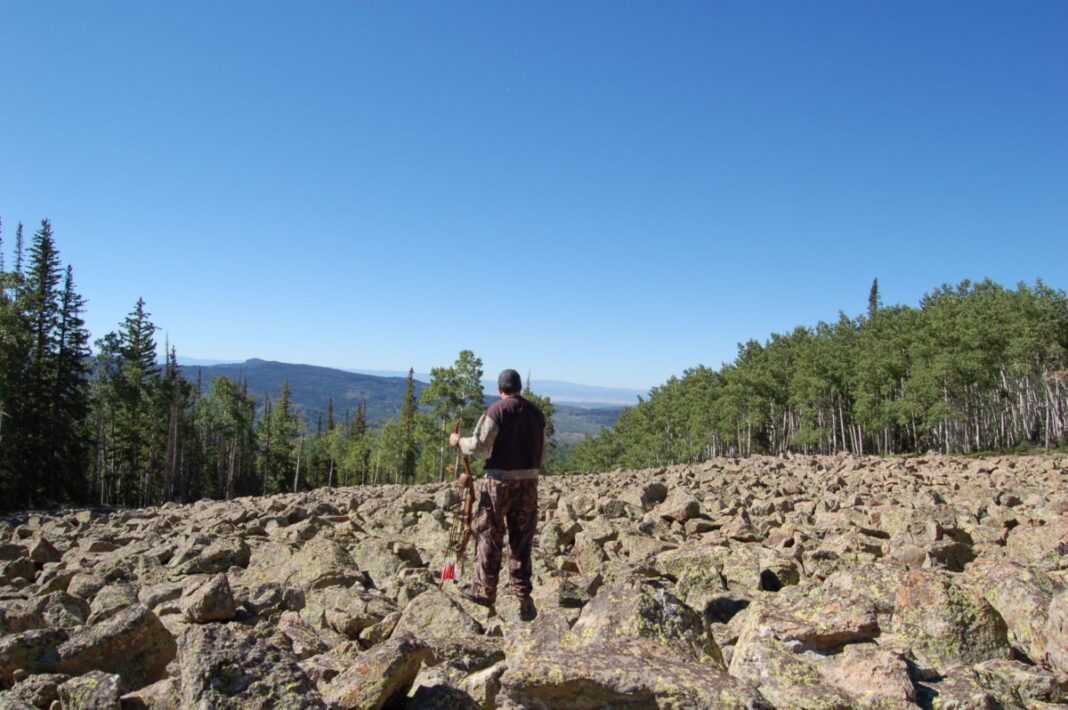Whether you are heading out on an epic Alaskan adventure or simply hitting a trail in your local national forest for an overnighter, your level of achievement will directly correlate with being properly prepared for the expedition at hand. Having the right equipment, using sound judgment and being in good shape make any backcountry adventure much more safe and enjoyable.
Every time we step into the wilderness, our goal should be to learn something. Over the years, I’ve learned a number of lessons. First, a good boot is essential. I wear backpacking boots by Lowa. I’ve come to like the feel over many years and trust my ankles in them. I always break new boots in for at least two weeks before leaving on a trip. This keeps hotspots and blisters to a minimum. I also suggested inserted soles. I use Superfeet, but there are lots of options out there. Just find one that fits and feels comfortable to you.
Dehydrated food isn’t bad. Meals ready to eat, or MREs, are produced by lots of companies. I tried a number of brands over the years before finding my favorite. You may have to do the same. Initially, I was surprised by how good they are. MREs are lightweight to carry and real easy to make. Open the package, boil 2 cups of water, pour water in, stir, seal, and let sit for 10-15 minutes. The meal is then ready to eat. I usually eat mine out of the bag so I didn’t have any dishes to carry or wash.
Now that there is some gray in my beard, one piece of gear I’ll never go into the backcountry without for an overnight trip again is an inflatable mattress pad. I’m now either too old or too smart to sleep right on the ground. I’ve had more than my share of nights that left me cold and sore. A sleeping pad helps fight against both. These sleeping pads, which are like miniature air mattresses, not only provide cushion but warmth as well.
You also don’t need a tent for most overnights once the first frost has knocked the bugs back. A good, old fashioned tarp is all you need. It will block the rain and provide a nice sitting area out of the sun. A tarp probably won’t weigh a pound with strings. You can use sticks found in the forest to prop up the ends and center of the tarp.
A GPS of some sort is a crucial piece of safety gear. Most phones have tracking apps nowadays. But be sure your phone is not going to die on you while you’re in the backcountry. An external battery charger can supply power, but I prefer a real small solar charger. The one I use weighs almost nothing and gives me power throughout my time off the grid.
Going into the backcountry, whether that’s in the most desolate reaches of the planet or a large parcel of Midwestern public land, is an amazing adventure. You just have to be prepared. You owe it to yourself and to those who love you. Have the right gear and use good judgment, and you’ll experience pure bliss in the backcountry.
See you down the trail …





